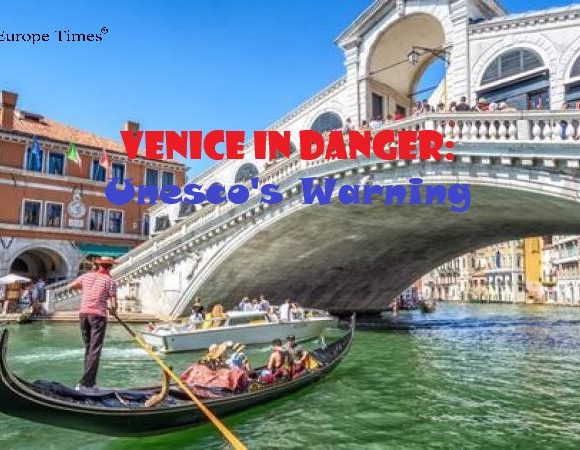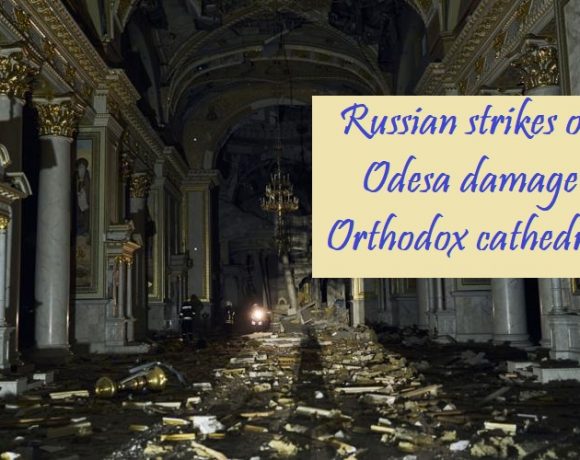
Venice is poised to greenlight a trial €5 (£4.30; $5.35) levy for daily tourists as a strategy to manage tourism. This fee will apply to all visitors aged 14 and above and necessitates advance booking for entry to the city. Simone Venturini, a city council member overseeing tourism, has disclosed that this trial period will take place during peak tourist seasons in the upcoming year.
Venice is grappling with the consequences of excessive tourism, and it’s among Europe’s most visited cities. Its compact size, measuring just 7.6 sq km (2.7 sq miles), hosted nearly 13 million tourists in 2019, according to Italian national statistics. Post-pandemic, visitor numbers are anticipated to surpass pre-pandemic levels.
The primary aim of this fee is to encourage day-trippers to select off-peak days for their visits. However, tourists staying overnight will be exempt from this charge. The city intends to evaluate and potentially refine this fee as necessary.
Earlier this year, Venice was suggested to be included on UNESCO’s list of world heritage sites in danger due to the impacts of climate change and mass tourism, which pose a threat of irreversible alterations to the city. In 2021, large cruise ships were banned from accessing the historic center of Venice through the Giudecca canal, a move triggered by a ship collision and concerns over pollution and erosion.
Nonetheless, it remains uncertain whether this daily charge will discourage tourists. Some, like Karina from Germany, don’t see it as a significant burden, while others like Cal, a student from Ireland, find it relatively steep for a day of sightseeing.
Venice is witnessing a growing exodus of residents due to the overwhelming presence of tourists. The shortage of long-term rental options for residents has become a pressing issue, with landlords preferring to rent to tourists during the summer season. Citizen associations, Ocio and Venissa, have conducted studies revealing that the number of beds available for tourists now exceeds those for residents. Many government buildings have been converted into hotels, a transformation that threatens the city’s identity as it shifts towards a tourist-centric model.
Maria Fiano, who heads Ocio, advocates for restrictions on tourist accommodations as a solution to the issue and expresses skepticism about the effectiveness of the daily fee proposed by the town hall, viewing it as a superficial measure.
Picture Courtesy: Google/images are subject to copyright


